Canadian Prime Minister Mark Carney is set to meet US President Donald Trump on Tuesday (May 6), in a high-stakes diplomatic engagement that comes just over a week after leading his Liberal Party to a surprise electoral victory.
Carney, a former central bank governor who campaigned on standing up to Washington, now faces the challenge of navigating strained cross-border relations and growing discontent at home, particularly from Canada’s western provinces.
US-Canada trade tensions
Trade tensions have loomed large over the run-up to Carney’s meeting with Trump. The US president, who made Canada a frequent target during the Canadian election campaign, has continued to voice grievances over timber, energy, and automotive trade. In an interview with NBC on Sunday (May 4), Trump again floated the idea of annexing Canada and described the US as bearing the brunt of a “lopsided” trading relationship.
“We do very little business with Canada. They do all of their business practically with us. They need us. We don’t need them,” Trump said.
Canada’s economy tells a different story. The C$1.3 trillion (US$940 billion) annual trade relationship with the United States is critical for Canadian businesses, and Carney has pledged to stabilise ties while seeking new alliances to reduce dependency.
“Carney’s certainly going into the lion’s den,” Financial Times quoted Dimitry Anastakis, a professor at the University of Toronto’s Rotman School of Management, as saying. “During the campaign he said some very strident things about Trump and the US It is a delicate operation.”
The bilateral meeting in Washington is expected to cover trade disputes and broader economic cooperation, but political analysts warn that Trump’s confrontational stance may limit progress.
A diplomatic test
While Carney has attempted to distance himself from former Prime Minister Justin Trudeau’s environmental policies— pledging instead to make Canada an “energy superpower”— resentment in Alberta remains high. Smith, after meeting Carney last week, said on social media that repairing the damage from “anti-resource legislation” would require “tremendous effort and cooperation.”
Still, Carney’s visit to Washington presents an immediate diplomatic test. His campaign rhetoric promised resilience in the face of Trump’s provocations, but many expect the tone of Tuesday’s talks to be carefully calibrated.
“Trump has repeated exaggerated claims about trade deficits, calling them a form of subsidy,” said Semra Sevi, a political science professor at the University of Toronto. “Carney faces a difficult conversation. The last thing he wants is a repeat of [Ukrainian President Volodymyr] Zelenskyy’s tense visit to the White House.”
Challenges at home
Meanwhile, Carney is also grappling with growing unrest in Alberta. Premier Danielle Smith, who visited Trump at Mar-a-Lago in January, has revived the prospect of provincial separation by tabling electoral reforms to ease the path to an independence referendum. The proposed legislation would lower the threshold for petitions to just 10 per cent of eligible voters.
“The vast majority of these individuals are not fringe voices to be marginalised or vilified . . . They are, quite literally, our friends and neighbours who’ve just had enough,” Smith said Monday, referencing frustration over federal environmental and resource policies.
A poll by Angus Reid in April found that three in ten voters in Alberta and neighbouring Saskatchewan supported the idea of leaving Canada if the Liberals returned to power.


)
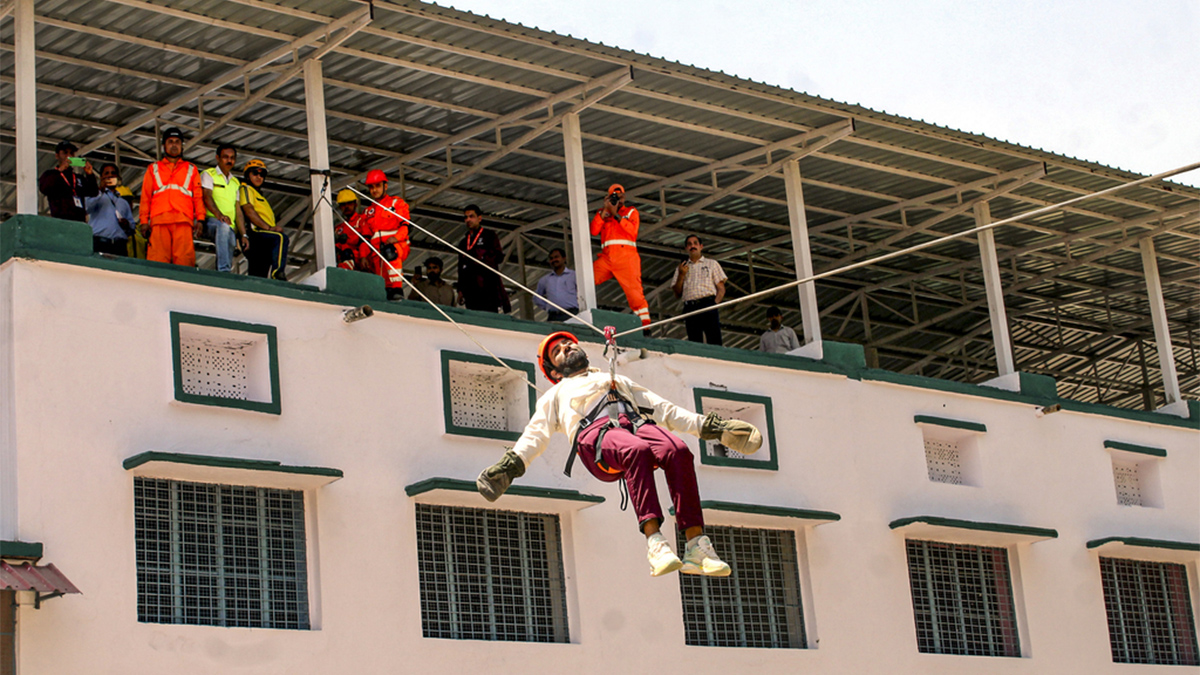)
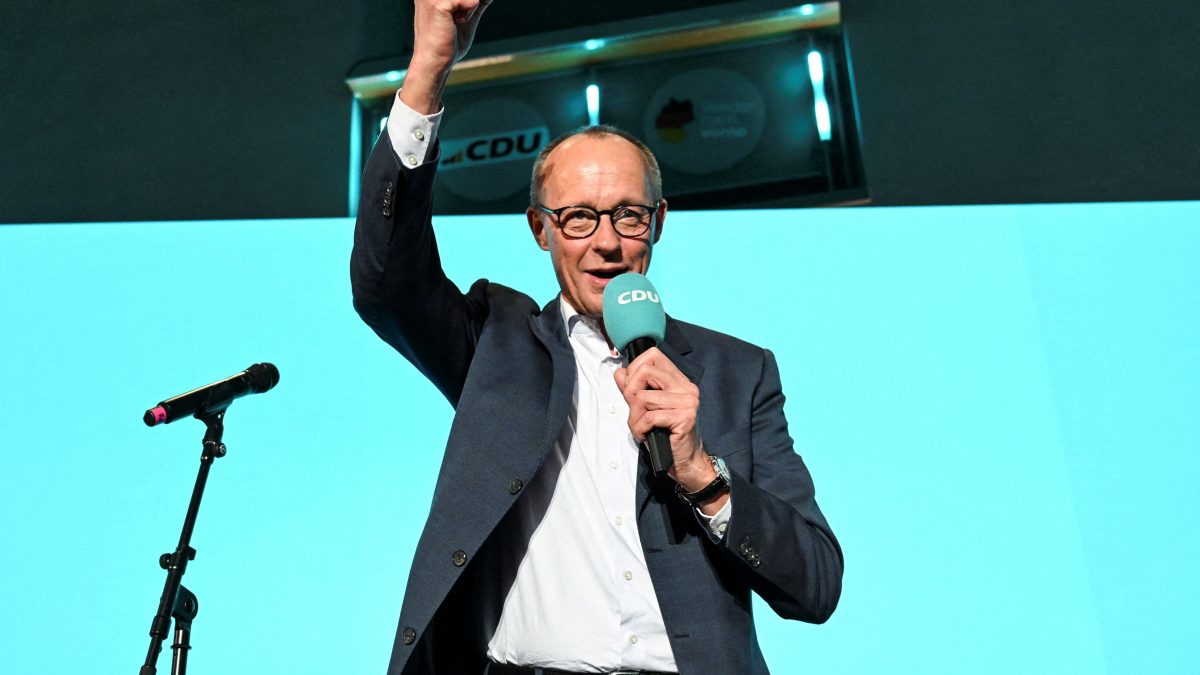)
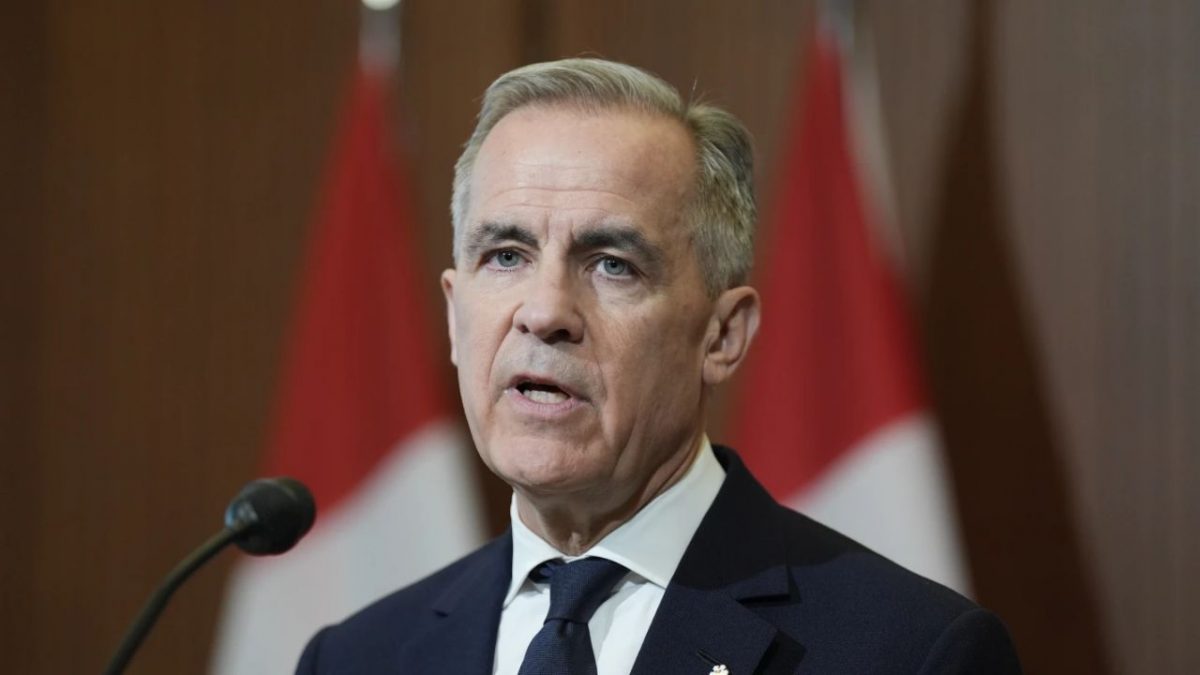)
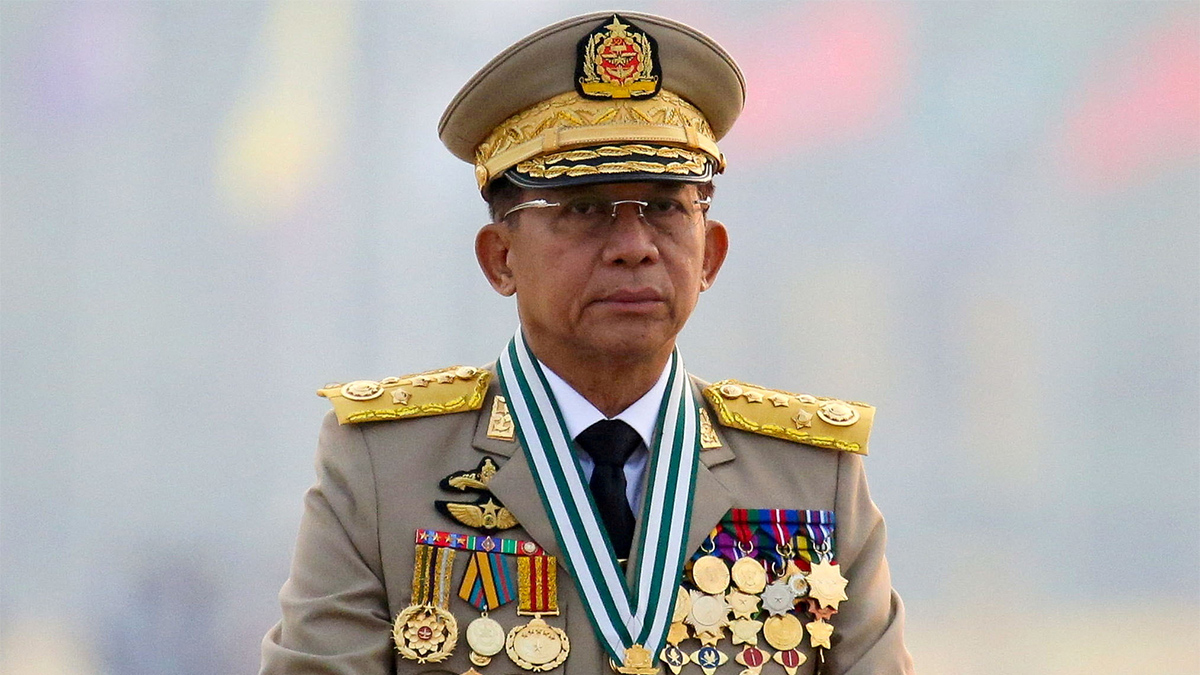)
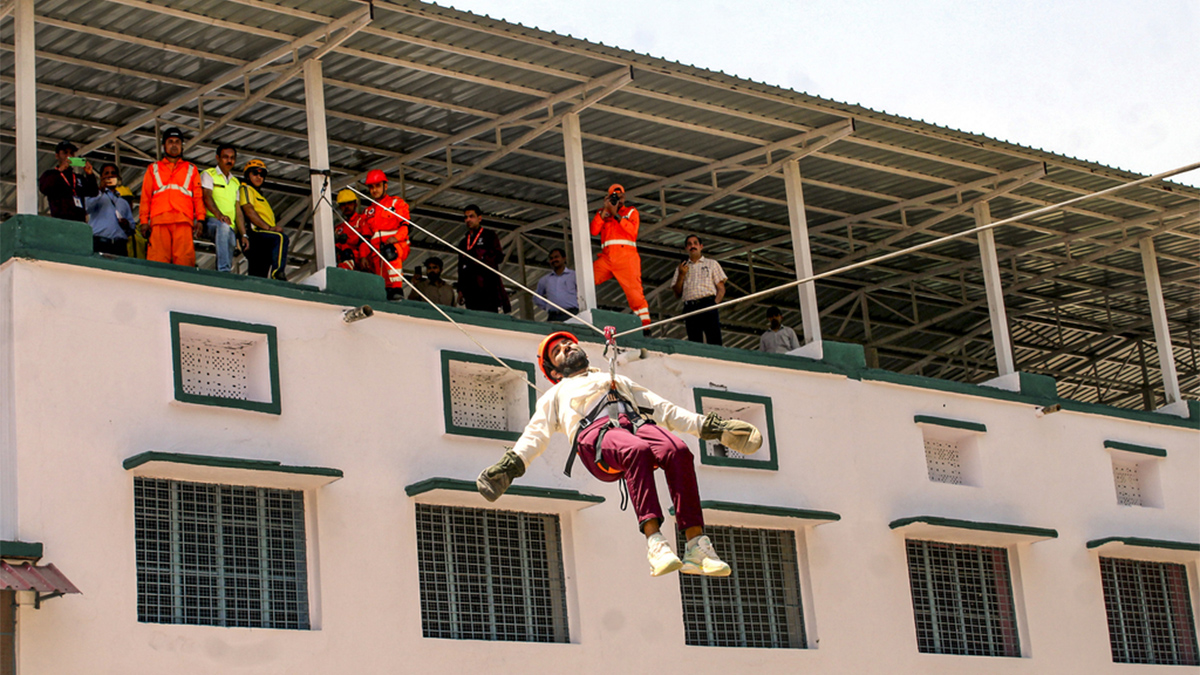)
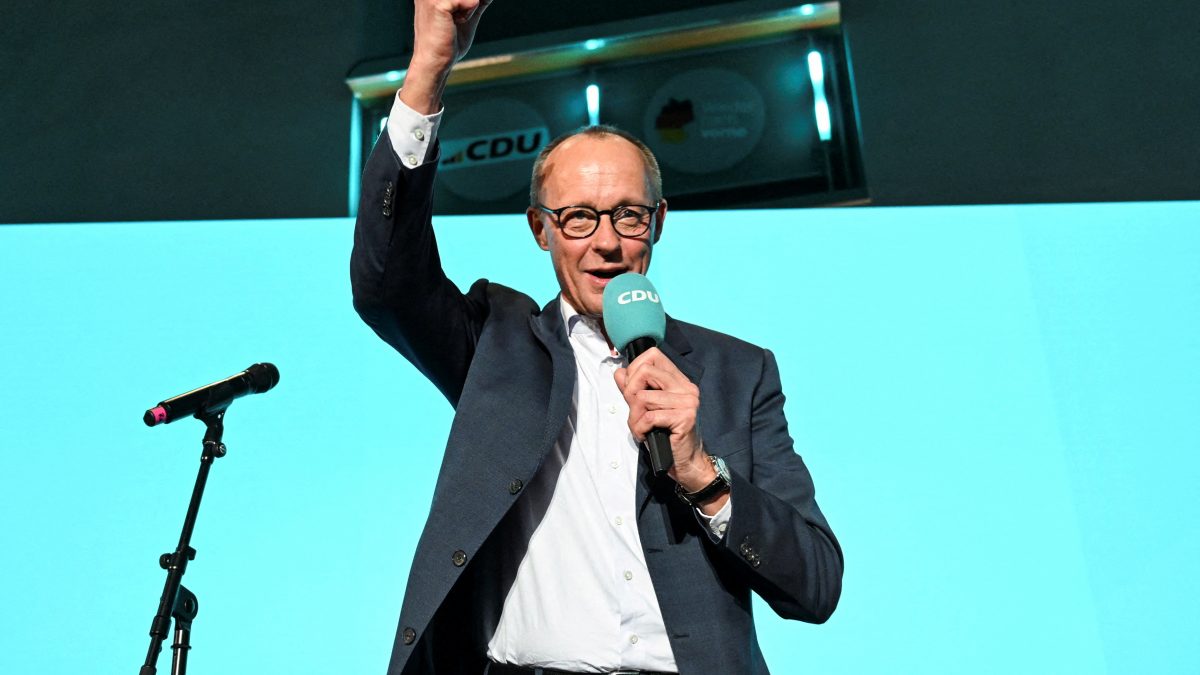)
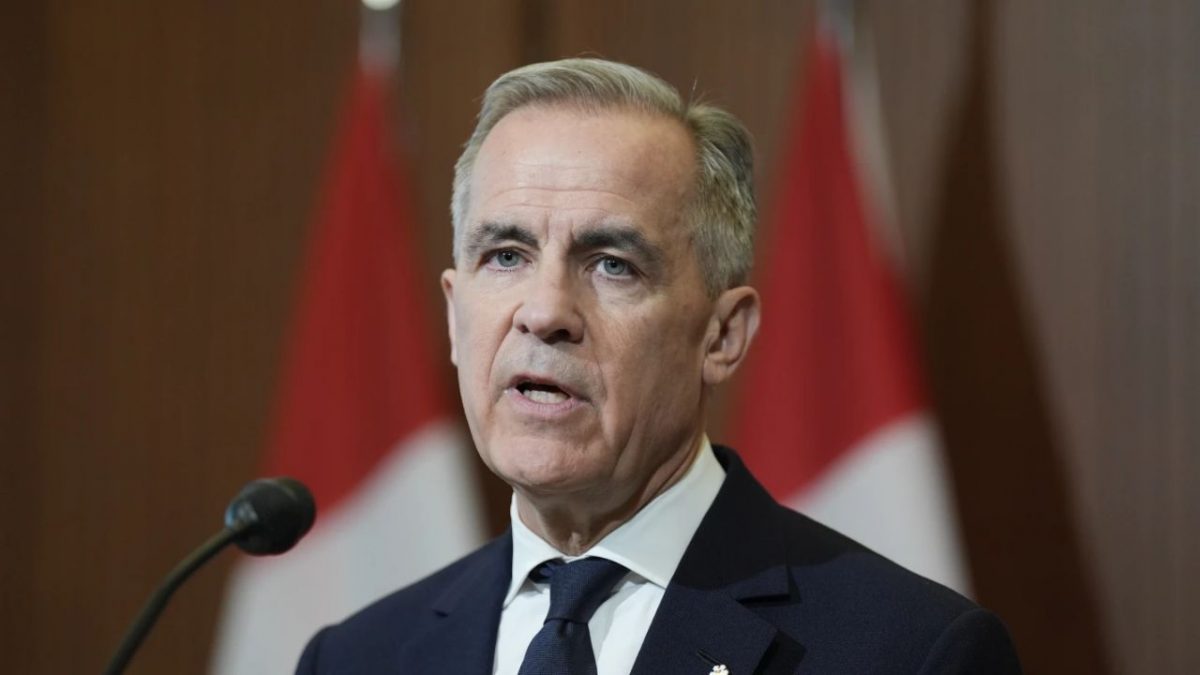)
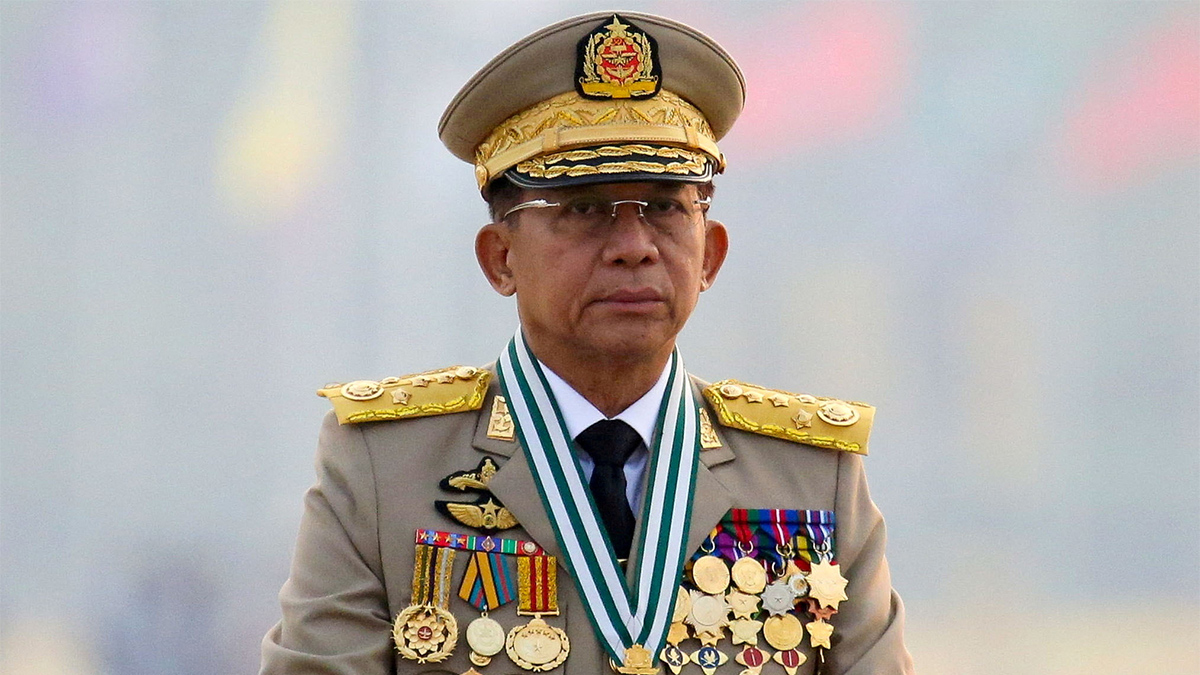)